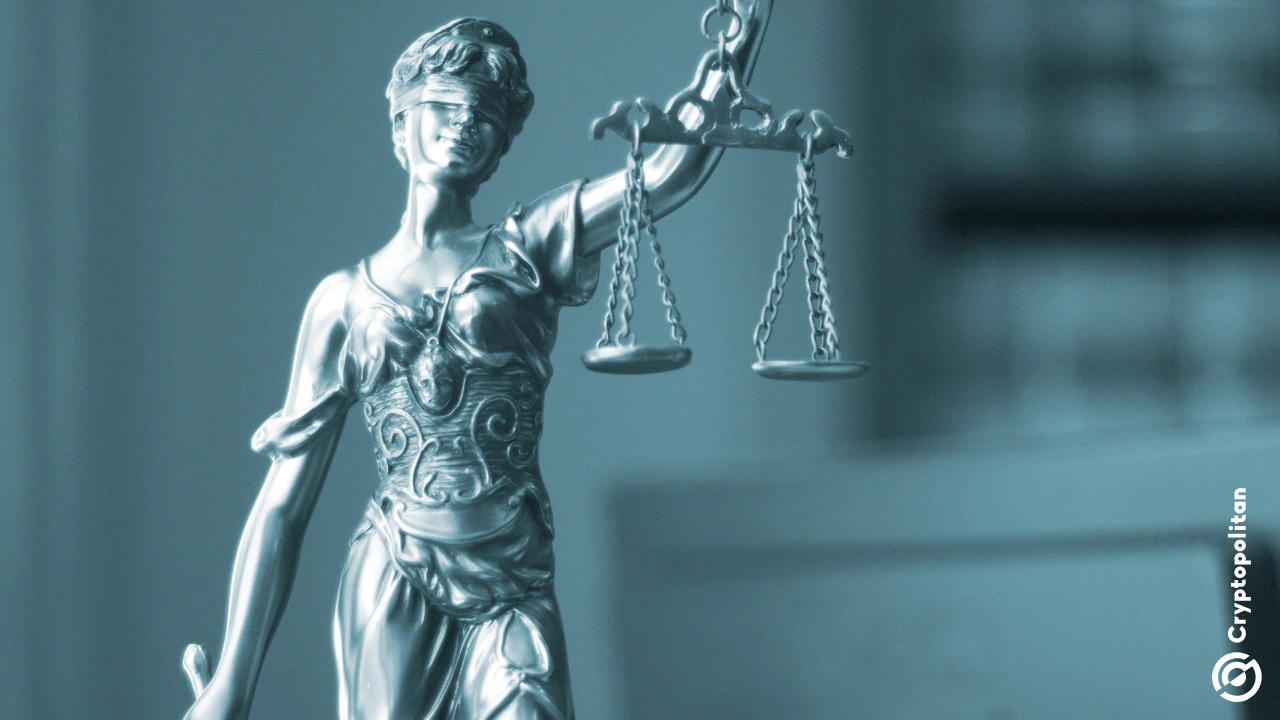Nike and StockX have formally settled a three-year legal dispute over trademark use in sneaker-linked NFTs. The landmark decision puts an end to the high-stakes legal struggle that has influenced the relationship between IP rights and digital assets.
The settlement instantly takes a jury trial set for October off the calendar and throws out all allegations with prejudice.

The decision keeps both companies from a judicial ruling that could hurt them. For StockX, the settlement removes the risk of being found liable for broader misuse of Nike’s brand. For Nike, it avoids the uncertainty of having its IP enforcement strategies looked at by a jury.
A bunch of other claims left hanging
The case began in the Southern District of New York in February 2022 when Nike accused StockX of trademark infringement and dilution. Nike claimed that StockX “Vault” NFTs exploited photos of Nike sneakers without permission to sell tokens related to real shoes.
Nike said at the time that the NFTs are likely to confuse consumers, create a false association between those products, and weaken its trademarks.
However, according to StockX, its Vault NFTs were meant “to track ownership of frequently traded physical products,” not to trick customers. They also said that Nike’s lawsuit showed a fundamental misunderstanding of the various functions NFTs can serve.
Later on, Nike changed its complaint to suggest that StockX was selling fake sneakers. They said the pairs they bought from the site didn’t pass authentication. This strengthened their trademark claims.
In March of this year, Judge Valerie Caproni ruled in Nike’s favor on some of the allegations. The judge claimed that StockX was responsible for selling fake goods connected to four pairs of shoes that Nike’s investigators bought and 33 pairs that a customer named Roy Kim bought.
The verdict left other claims unresolved and prepared the case for trial, but the settlement agreed in late August cut those preparations short.
The legal clarity brought by the case
The main issue in the Nike-StockX case was whether NFTs are “goods” under the Lanham Act. The US Ninth Circuit agreed with this classification in 2025.
The settlement is part of a larger trend in the courts to use standard IP rules on NFTs. This has made platforms reassess how they do business. For example, StockX’s 2025 Brand Protection Report said that the site turned down $10 million worth of fake sneakers in 2024 by using RFID and CT scanning technology.
The settlement has also changed how people invest in blockchain-based trademark protection. As brands try to tokenize their supply chains, venture capital is going to startups that make decentralized verification systems, like Binance and Ripple. In 2025 alone, institutional investors put $4.2 billion into “green NFTs,” which are digital assets that are good for the environment and are tied to real-world projects.
Get $50 free to trade crypto when you sign up to Bybit now
This articles is written by : Nermeen Nabil Khear Abdelmalak
All rights reserved to : USAGOLDMIES . www.usagoldmines.com
You can Enjoy surfing our website categories and read more content in many fields you may like .
Why USAGoldMines ?
USAGoldMines is a comprehensive website offering the latest in financial, crypto, and technical news. With specialized sections for each category, it provides readers with up-to-date market insights, investment trends, and technological advancements, making it a valuable resource for investors and enthusiasts in the fast-paced financial world.
